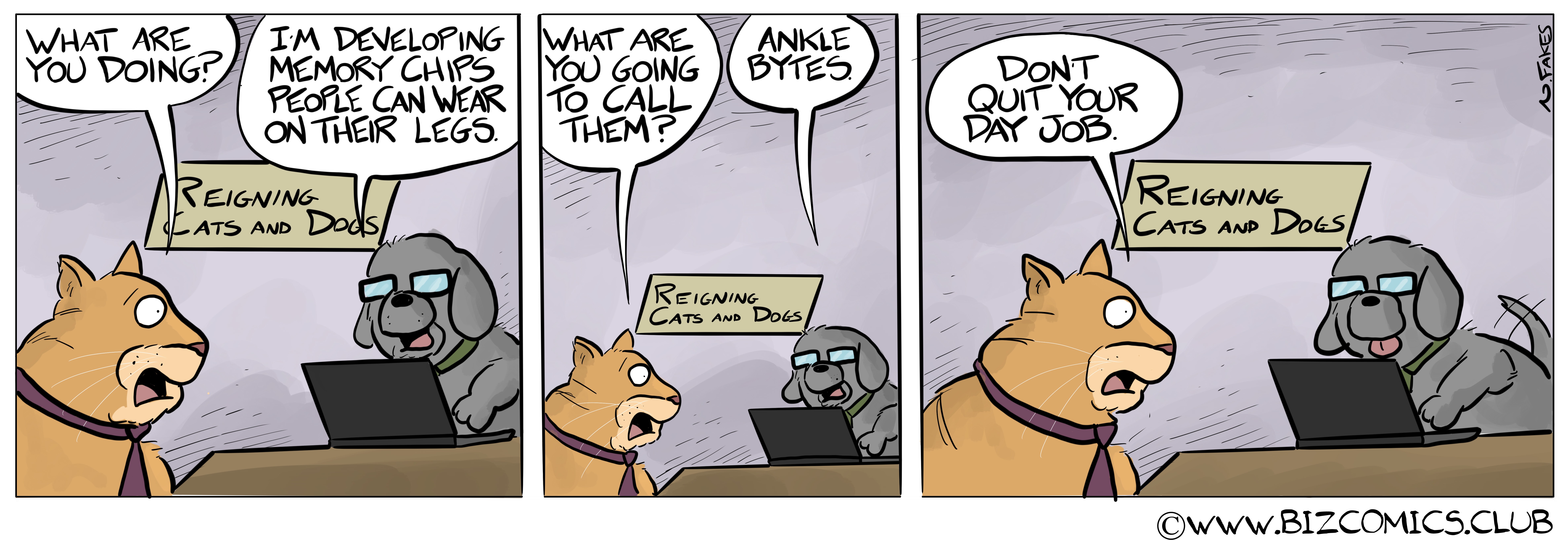The Wrong Tree

In a recent bout of pointless reminiscence (is reminiscence vs. nostalgia a distinction without a difference?), we were recalling those days, long ago, when people still studied the Humanities. You know, the arts that engaged us creatively before we all became scientists (STEM!) and fell in love with innovation, disruption, digitalization, artificial intelligence, Big Data, the Internet of Things, robotics, and algorithms for everything, including tying our shoes.
In those halcyon days ere we all became linear thinkers and lost (or abandoned) our capacities for fanciful constructs and critical cognition, we used to divide the world (at least the working world) into two types of people — generalists and specialists:
generalist (noun): a person whose knowledge, aptitudes, and skills are applied to a field as a whole or to a variety of different fields
specialist (noun): a person devoted to one subject or to one particular branch of a subject or pursuit
The generalists were the people who studied the Humanities. They were broader thinkers, more resourceful problem-solvers. They were comfortable with abstract concepts. They were improvisational, like jazz musicians. (“All I need are the changes.”)
The specialists were the people who studied science. They were more select thinkers, more formulaic problem-solvers. They were more comfortable with quantification than with qualification. They were functionally predetermined, like classical musicians. (“I can’t play if I can’t read the score.”)
What Digits Hath Wrought
Now that we’ve reduced reality to a binary milieu of ones and zeros, we’ve all become sort of generalized specialists; that is, given our faith in technology (Science!), most of us are coming around to the conviction that we can do most things on our own. We can’t. But that’s not likely to change our thinking, even though there is much from which we might learn.
That’s right. Overreaching has a long and storied history. If we paid any attention to that history, and if we still believed in the Humanities, Frankenstein would be required reading. By the same token, if we still believed in common sense, we’d study the life of Evel Knievel. And along the same lines, if we still believed in universal truths, we’d watch The Honeymooners. But we don’t. And so it goes.
Get In Line
If you fancy yourself a generalized specialist and you want to try to create something, go ahead. But bear this in mind: If you do it in a field like music or art or literature, you might be okay. And you’ll definitely be ahead of the cyclical return to the Humanities. But if you fall for the hubristic notion that science and technology will allow you to do everything yourself, please fall in over there, single file, behind Victor Frankenstein, Evel Knievel, and Ralph Kramden. Oh … and be prepared to take your lumps.
The mastery of science is an art. And if you have more faith in a byte of data than you do in a bit of creative imagining, you’re barking up the wrong tree.
This content is available for syndication. Please contact us for details.

Thou “art” insightful and amusing, as always. Keep your day job — and I say “Write on!”